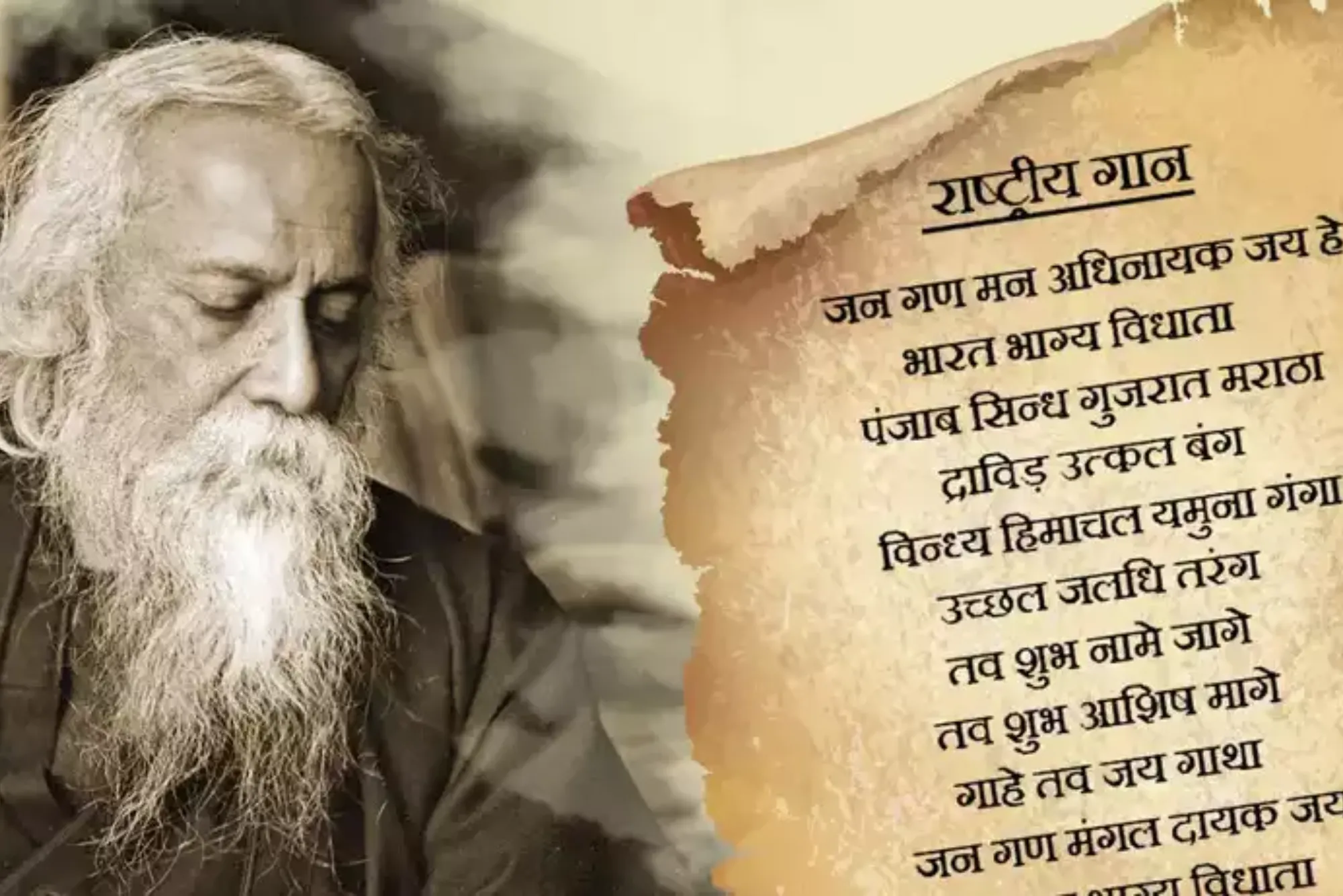
Lorem ipsum dolor sit amet, consectetur adipiscing elit, sed do eiusmod tempor incididunt ut labore et dolore magna aliqua. Sit amet venenatis urna cursus eget nunc scelerisque viverra mauris. Leo vel orci porta non pulvinar neque. Magna ac placerat vestibulum lectus. Aenean pharetra magna ac placerat.
Felis bibendum ut tristique et egestas quis ipsum suspendisse ultrices. Scelerisque varius morbi enim nunc faucibus a. Nunc congue nisi vitae suscipit. Eget nunc scelerisque viverra mauris in aliquam sem fringilla. Facilisis sed odio morbi quis. Senectus et netus et malesuada. Dignissim enim sit amet venenatis. Imperdiet dui accumsan sit amet nulla.
Cras sed felis eget velit aliquet sagittis id consectetur purus. Vitae aliquet nec ullamcorper sit amet risus nullam eget. Mi bibendum neque egestas congue quisque egestas diam in. Magna eget est lorem ipsum dolor sit amet consectetur. Ultrices eros in cursus turpis. Aliquam vestibulum morbi blandit cursus risus at ultrices mi. Dictum varius duis at consectetur.

Lorem ipsum dolor sit amet, consectetur adipiscing elit, sed do eiusmod tempor incididunt ut labore et dolore magna aliqua. Sit amet venenatis urna cursus eget nunc scelerisque viverra mauris. Leo vel orci porta non pulvinar neque. Magna ac placerat vestibulum lectus. Aenean pharetra magna ac placerat.
Felis bibendum ut tristique et egestas quis ipsum suspendisse ultrices. Scelerisque varius morbi enim nunc faucibus a. Nunc congue nisi vitae suscipit. Eget nunc scelerisque viverra mauris in aliquam sem fringilla. Facilisis sed odio morbi quis. Senectus et netus et malesuada. Dignissim enim sit amet venenatis. Imperdiet dui accumsan sit amet nulla.
Cras sed felis eget velit aliquet sagittis id consectetur purus. Vitae aliquet nec ullamcorper sit amet risus nullam eget. Mi bibendum neque egestas congue quisque egestas diam in. Magna eget est lorem ipsum dolor sit amet consectetur. Ultrices eros in cursus turpis. Aliquam vestibulum morbi blandit cursus risus at ultrices mi. Dictum varius duis at consectetur.